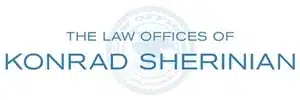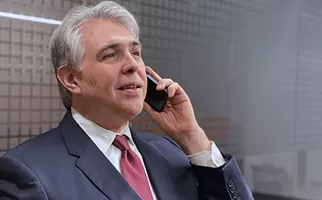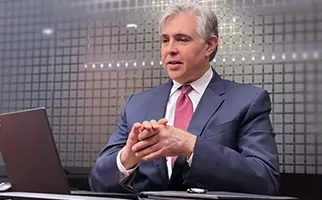Patent Requirements
The system for granting patents is designed to encourage inventions that are unique and useful to society. We often think of them as products, ranging from everyday items like a frying pan to more complicated products like nanotechnology microchips or a chemical compound.
However, an invention can also be a process, like the process for actually making the chemical compound. Many products in fact, contain a number of inventions. For example, a laptop computer can involve hundreds of inventions, all working together.
Do you have an idea or invention and wonder if it’s eligible for a patent? If so, the laws state it must be ‘useful, novel, non-obviousness and cover patentable subject matter’. What does all that mean exactly?
USEFUL
For an invention to be ‘useful’, it must have some beneficial use and must be operable. A machine that will not operate to perform its intended purpose would not be called useful, and therefore would not be granted a patent.
NOVEL
An invention is ‘novel’ if it is different from other similar inventions in one or more of its parts. It also must not have been publicly used, sold, or patented by another inventor within a year of the date the patent application was filed.
NON-OBVIOUS
An invention is ‘non-obvious’ if it would not be obvious to a person of ordinary skill in the art of the field of the invention at the time of invention. Obviousness is very complicated, but some ways of recognizing non-obviousness are if the operation of an invention is unexpected or if the invention produces a surprising result.
What can’t you patent?
Patents are only issued for inventions, ornamental designs of goods, or plants, not names. If you are looking to patent a name, a trademark is your best solution for protection.
Naturally occurring substances and laws of nature, even if they are newly discovered, cannot be patented. Abstract principles, fundamental truths, calculation methods, and mathematical formulas also are not patentable. However, a process that uses such a formula or method can be patented.
A patent cannot be obtained for a mere idea or suggestion. The inventor must have figured out the concrete means of implementing his/her ideas in order to get a patent.
A patent also will not be granted for an invention with no legal purpose or for an unsafe drug.
Complicated nuances exist for all of these requirements, and a skilled attorney is generally required to determine if an invention meets these requirements.
Let’s Talk About Your Invention
Phone Consultation
Find it easier to talk rather than write? Have a lot of questions you want to ask? Let's talk over the phone.
Virtual Consultation
Need to share something on screen with us? Like to see who you are working with? Let's get online.
In-Person Consultation
Prefer a face-to-face and a handshake? We have offices in Chicago or Naperville, Illinois.
Whether you are at the initial starting stage, or trying to protect and enforce what you’ve already have, we can help patent and protect your idea or invention. Reach out to us today. We will quickly set up a time to discuss your intellectual property with an experienced patent attorney.
Available 24/7
Patent FAQs
Here’s a list of the most frequently asked questions about patents. Open each to see our pages dedicated to that topic.
How long does it take to get a patent in Chicago?
The timeline varies depending on the type of patent and the USPTO’s backlog. On average, utility patents take 1-3 years, while design patents are typically processed faster.
What is the cost of filing a patent?
Patent costs vary based on complexity. A utility patent can range from $5,000 to $15,000+, including USPTO and attorney fees. Design patents generally cost less.
Can I enforce my patent if someone infringes on it?
Yes, patent owners can legally enforce their rights and may file lawsuits in federal court for injunctions or damages. A patent attorney can help navigate the process.
What is the difference between utility and design patents?
- Utility Patents protect the functionality of an invention (valid for 20 years).
- Design Patents protect the appearance (valid for 15 years).
Do I need a patent attorney to file a patent?
While not required, working with a patent attorney significantly improves your chances of success, ensuring a strong, well-drafted application and USPTO compliance.
How do I check if my invention is already patented?
A patent search helps determine if an idea is novel. You can search the USPTO database, but a comprehensive attorney-conducted search provides the most reliable results.
Experienced Patent Attorneys
The attorneys at the Law Offices of Konrad Sherinian have extensive experience in patent matters. We’ve helped clients obtain numerous patents, including more difficult categories such as software, electronics, and the mechanical arts. We have obtained numerous patents in the United States and throughout the world. In addition, we have litigated patent cases on behalf of both plaintiffs and defendants in District Courts throughout the United States.




